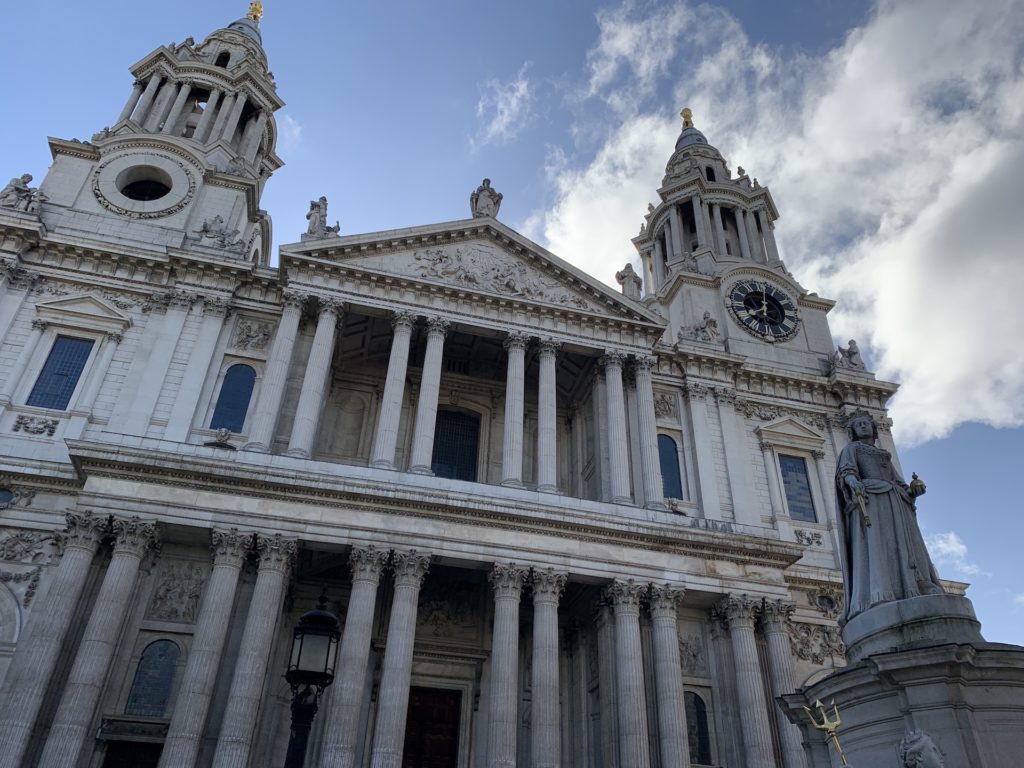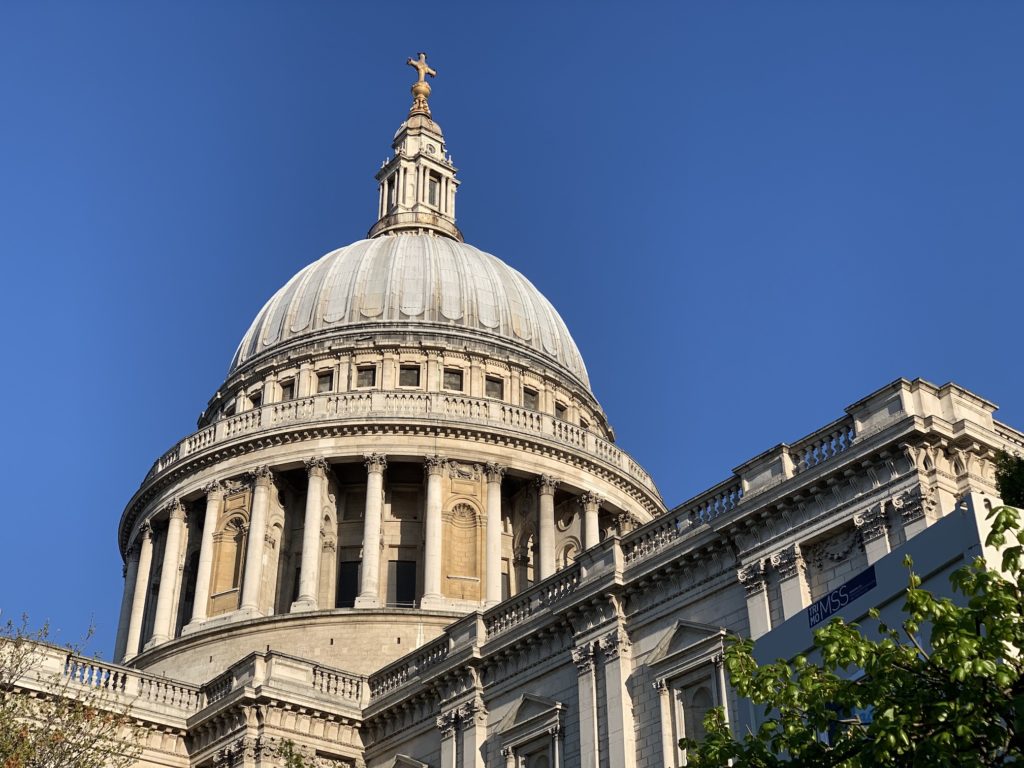Another month of Blendsdays (thanks for that, Mike, it’s now cemented in my vocabulary) have passed. Our status is largely unchanged.
I got a much needed haircut when the hair dressers were allowed to re-open a few weeks back. Our favorite neighborhood cafe reopened at the same time, and we’ve been going for breakfast on the weekends. Their shakshuka is delicious, and we want them to survive this insanity.
Our regular trips to Monmouth in Borough Market have been replaced with regular delivery. Dawnise had exchanged WhatsApp messages with our “coffee sommelier”* before the lock-down, so we’ve been able to solicit her advice on newly available beans to try. (*our tongue-in-cheek description of a staff member we got to know, and who got to know our taste in coffee, across our regular visits to the shop.)
To our ongoing amazement Dawnise and I have managed to feed ourselves every day, multiple times a day – and aside from perhaps a half dozen take away orders, we’ve cooked it all. Lunches got a bit of variety when Trade re-opened for take-away a couple weeks ago. Damn good pastrami.
Looking for ways to support organizations we value, and in the hope we’ll eventually be able to use some of the benefits, we established memberships with Art Fund, The National Trust, English Heritage, and Historic Houses. We donated to Acting for Others, and bought Theatre Tokens.
Amazon has extended its official work from home policy, for roles that can, through early next year. I started working in a different part of the company about a month ago – so I’ve spent the last couple weeks acquiring the hardware I need and getting ramped up on the new people the new problems.
So I guess you could say we’re having a ‘comfortable pandemic’ – for which we both feel immeasurably fortunate. We hope that’s true of you and yours, too.
Less comfortably, it’s impossible to find words to describe how distressing it’s been and continues to be watching events in the US from a distance. The pandemic and arguments about response and the path forward, the protests against police brutality and the events that catalyzed them, the ham fisted and ineffective federal response to… everything.
This morning I woke to read about armed, camouflage-wearing shock troopers prowling Portland in unmarked vans abducting protesters.
With all due respect, what the actual fuck, America?


